Must Reads
What is a ‘Must Read’ for those interested in medical education?
Each month, we identify 3-4 noteworthy articles from the health professions education literature and label them as “must reads.” Selection is based on several criteria including originality and methodological rigor. Our process includes a formal search of the peer-reviewed literature, screening titles and abstracts, full text review, and an editorial meeting to achieve consensus.
Who are we and why are we doing this?
Our reviewers include individuals with expertise in teaching, educational oversight, and research as well as those who are beginning their careers as educational scholars.
The volume of health professions education articles has become overwhelming. In curating some of the best new published papers, we hope to make it easier for all of us to keep abreast of cutting edge educational scholarship and practices.
We’d welcome involvement in the selection process. Reviewers can earn CME credit and contribute to Must Reads research. If you are interested in supporting this work or have perspectives to share, please email Sean Tackett: stacket1@jhmi.edu.
You can also follow @MedEdMustReads on X (aka Twitter), follow the must reads page on LinkedIn, and/or sign up to receive an email each month if you want to be updated on new must reads selections.
(Current Reviewers: Mohammad Aldalou, Syed Muhammad Ali, Paul Bain, Suni Ebby, Scott Kinkade, Anisha Kshetrapal, Liju Mathew, Amin Nakhostin-Ansari, Ashley Paul, Julianne Perretta, Katherine Senko, Sean Tackett, Scott Wright, Tony Zhu)
Featured This Month
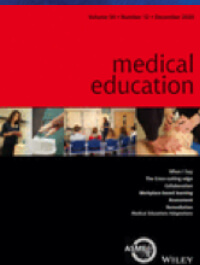
The Gist
• Cueing improved learning but was overwhelmed by the distraction.
Why This is a Must Read
There is a lot of cognitive interference in clinical settings that can make it difficult to focus on learning. This study suggests that even the best teaching practices may not work when learners are overcome by distractions.
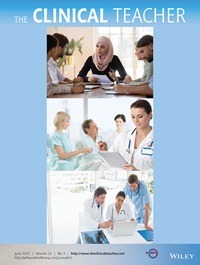
The Gist
• Provides methods for teaching, program development, and evaluation that can support emotional development.
Why This is a Must Read
Emotions can be intense in medical education but are not typically addressed. This article offers an overarching framework and specific strategies that can inform education aimed at emotional awareness and regulation.

The Gist
• The scope of coaching has been expanding from (1) improving learners’ skills, to (2) leveraging their personal strengths, to (3) helping them reflect on their values.
Why This is a Must Read
Coaching is in vogue in medical education, but what a coach is and does is not always clear. This article’s coaching models can make sure that individuals in a coaching role have the skills and use strategies that are best suited to learners’ needs.
Featured
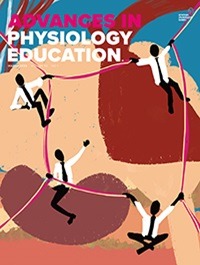
The Gist
• IBL was well-received and had greater recall of concepts than TBL.
Why This is a Must Read
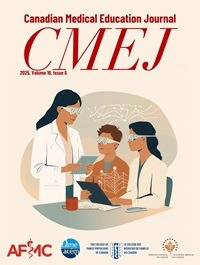
The Gist
• Tips addressed the selection and recruitment of patient partners, partner training, collaborative goal setting, flexible working approaches, and equitable compensation.
Why This is a Must Read

The Gist
• Recommends explicitly teaching about boundary work to prepare physicians to work collectively with each other and other healthcare workers.
Why This is a Must Read
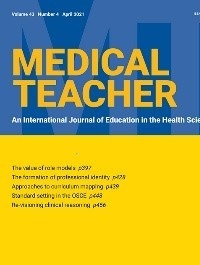
The Gist
• Mapped 9 themes to Bronfenbrenner’s Process-Person-Context-Time framework, covering individual, relational, institutional, systemic, cultural, and temporal factors.
Why This is a Must Read
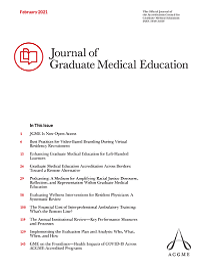
The Gist
• Residents based their teaching methods on how they were taught, preferred to connect teaching with clinical care, and adapted their approaches with more experience.
Why This is a Must Read

The Gist
• Rates improved from 32% to 85% after memes were introduced.